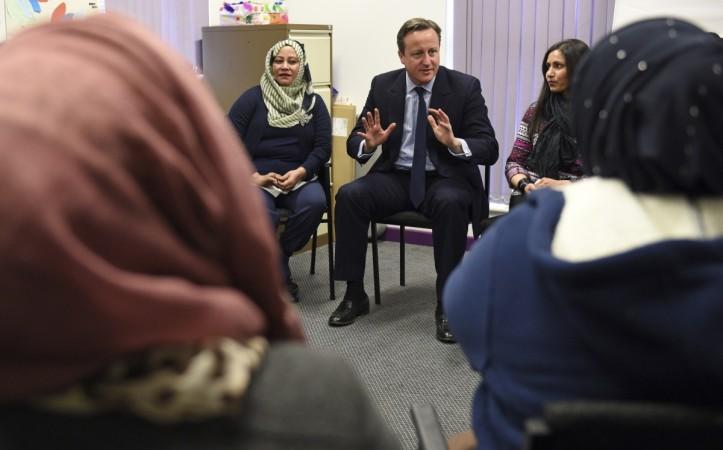
A government review by Dame Louise Casey, initially commissioned in 2015, has claimed there is a growing inequality and division in the British society due to the influx of migrants, and has recommended that people looking for refuge in Britain should be made to undertake an oath of integration before they are let in.
Casey said in the Casey Review that she found "black boys still not getting jobs, white working class kids on free school meals still doing badly in our education system, Muslim girls getting good grades at school but no decent employment opportunities."
However, she said she also found "high levels of social and economic isolation in some places and cultural and religious practices in communities that are not only holding some of our citizens back but run contrary to British values and sometimes our laws," which she called "equally worrying."
Rise in Muslim population and concentration
The report said Muslims have the fastest-growing population in the country. It said the Muslim population between 2001 and 2011 had grown 1.2 million, adding: "This 72 percent increase is higher than for any other religious group and Muslims make up the largest non-Christian religious population in the UK at 2.8 million in total, compared with 0.8 million Hindus, 0.4 million Sikhs, 0.3 million Jews and 0.3 million Buddhists."
The report also said: "People of Pakistani and Bangladeshi ethnicity tend to live in more residentially segregated communities than other ethnic minority groups." It added: "Compared to other minority faith groups, Muslims tend to live in higher residential concentrations at ward level."
At one point, it also said: "Polling in 2015 also showed that more than 55 percent of the general public agreed that there was a fundamental clash between Islam and the values of British society, while 46 percent of British Muslims felt that being a Muslim in Britain was difficult due to prejudice against Islam.
'Worrying levels of segregation and exclusion'
Writing about the findings, Casey said in the report: "This review has highlighted worrying levels of segregation and socioeconomic exclusion in different communities across the country and a number of inequalities between groups; one of the most striking of which is the inequality of women."
She added: "Women in some communities are facing a double onslaught of gender inequality, combined with religious, cultural and social barriers preventing them from accessing even their basic rights as British residents. And violence against women remains all too prevalent – in domestic abuse but also in other criminal practices such as female genital mutilation, forced marriage and so-called 'honour' based crime."
Addressing the problem
Casey observed in her report that there was an endemic problem: "Too many public institutions, national and local, state and non-state, have gone so far to accommodate diversity and freedom of expression that they have ignored or even condoned regressive, divisive and harmful cultural and religious practices, for fear of being branded racist or Islamophobic."
In her recommendations, she proposed the following measure to improve social integration: "Reviewing the route to British citizenship and considering the introduction of an integration oath on arrival for immigrants intending to settle in Britain." This, coupled with educating immigrants about their rights and obligations are paramount in the list of recommendations.










